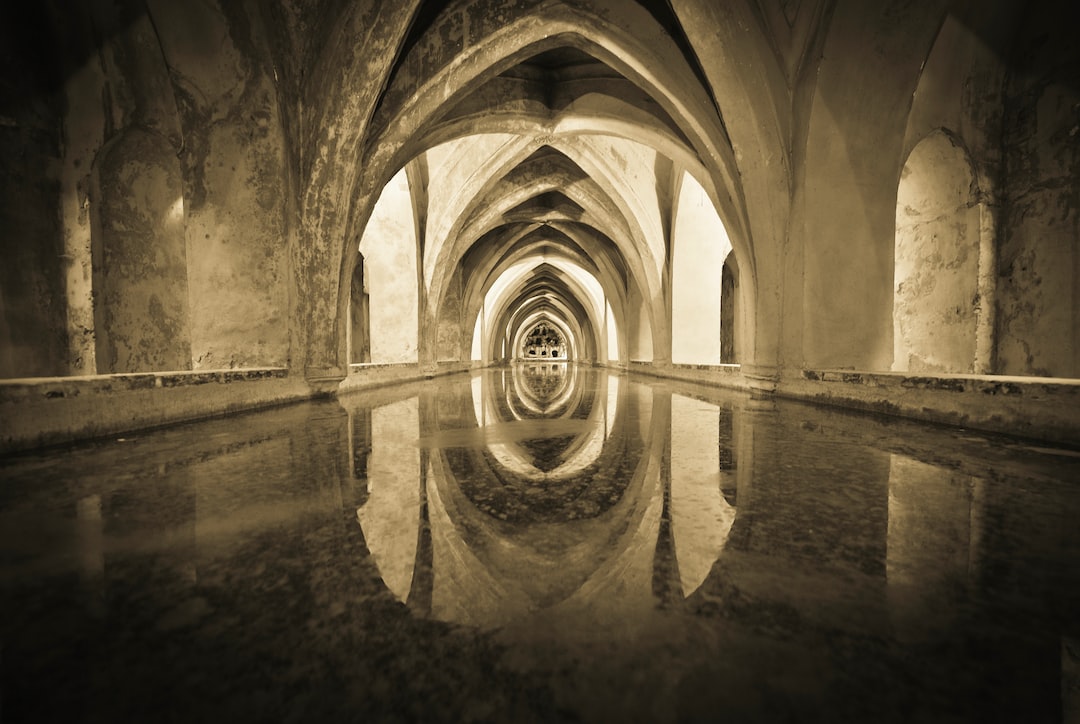Seville’s Influence on Literature: Walking in the Footsteps of Famous Writers
Seville, the capital city of Andalusia in southern Spain, is an enchanting destination that has long captivated the hearts and minds of travelers from around the world. It is a city of immense cultural and historical significance, known for its vibrant festivals, stunning architecture, and the passion of its people. But perhaps one of Seville’s lesser-known claims to fame is its profound influence on literature, having served as a muse to numerous famous writers throughout history.
Wandering through the atmospheric streets of Seville, it is not difficult to see how this city has inspired so many great literary minds. As you explore its winding alleyways, hidden plazas, and majestic structures, you cannot help but feel the echoes of the past and the creative energy that has flowed through the veins of countless artists throughout the ages.
One of the most famous writers shaped by Seville’s allure is the renowned Spanish playwright and poet, Federico García Lorca. Lorca’s connection to the city is profoundly evident in his works, particularly in his famous play “The House of Bernarda Alba.” The play, set in Andalusia, is a reflection of the cultural and social realities of the time, and embodies the essence of Seville’s traditional values and flamenco culture. Walking through the streets that led Lorca to create this masterpiece, one can almost sense the intensity of his emotions and the vivid imagery that inspired him.
Another well-known literary figure influenced by Seville is American writer Washington Irving. Irving spent a significant portion of his life in the city and is renowned for his travelogue, “Tales of the Alhambra.” While most of the book is set in Granada, its introduction beautifully captures Irving’s admiration for Seville. He writes, “I know of no city capable of inspiring such love as Seville—a noble city, mounted like a queen on the banks of a river filled with the blossoms of orange trees and bordered by groves of myrtle and palms.”
Irving’s love affair with Seville is palpable as you stroll through the charming neighborhood of Santa Cruz. This historic quarter with its narrow streets, ornate balconies, and picturesque courtyards is said to have fueled Irving’s imagination and served as the setting for some of his stories. To experience the enchantment that captivated Irving, one must lose themselves in the labyrinthine streets and let the spirit of Seville take hold.
In addition to Lorca and Irving, Seville has also influenced other acclaimed writers such as Ernest Hemingway and Gustavo Adolfo Bécquer. Hemingway, a frequent visitor to the city, fell in love with its bullfighting culture, which is evident in his novel “The Dangerous Summer.” Bécquer, a Spanish Romantic poet, found inspiration in the romantic legends and folklore of Seville, as showcased in his famous collection of poems, “Rhymes.”
To fully immerse oneself in the literary world of Seville, a visit to the typical old taverns that were frequented by these writers is a must. These establishments, adorned with bullfighting memorabilia and local art, still exude the charm and ambiance of a bygone era. Savoring a glass of the famous Andalusian sherry while reclining against the aged bar, one cannot help but imagine the lively conversations and passionate debates that must have taken place between these literary giants.
Seville’s influence on literature stretches beyond its famous writers and their works. The city itself is often personified and serves as a character in many novels, poems, and plays. Its rich history, vibrant culture, and unique character continue to inspire writers to this day, as evidenced by the numerous modern works that pay homage to this captivating city and its influence on the literary world.
In conclusion, Seville’s influence on literature is profound and undeniable. Walking in the footsteps of famous writers, one can truly appreciate the magic and magnetism that has drawn countless artists to this enchanting city. Seville is not just a destination; it is a muse that breathes life into the imagination of writers, allowing them to create timeless works of literary art. So, whether you are a literature enthusiast or simply someone who appreciates the beauty and cultural richness of a place, a journey to Seville will surely leave an indelible mark on your soul.

